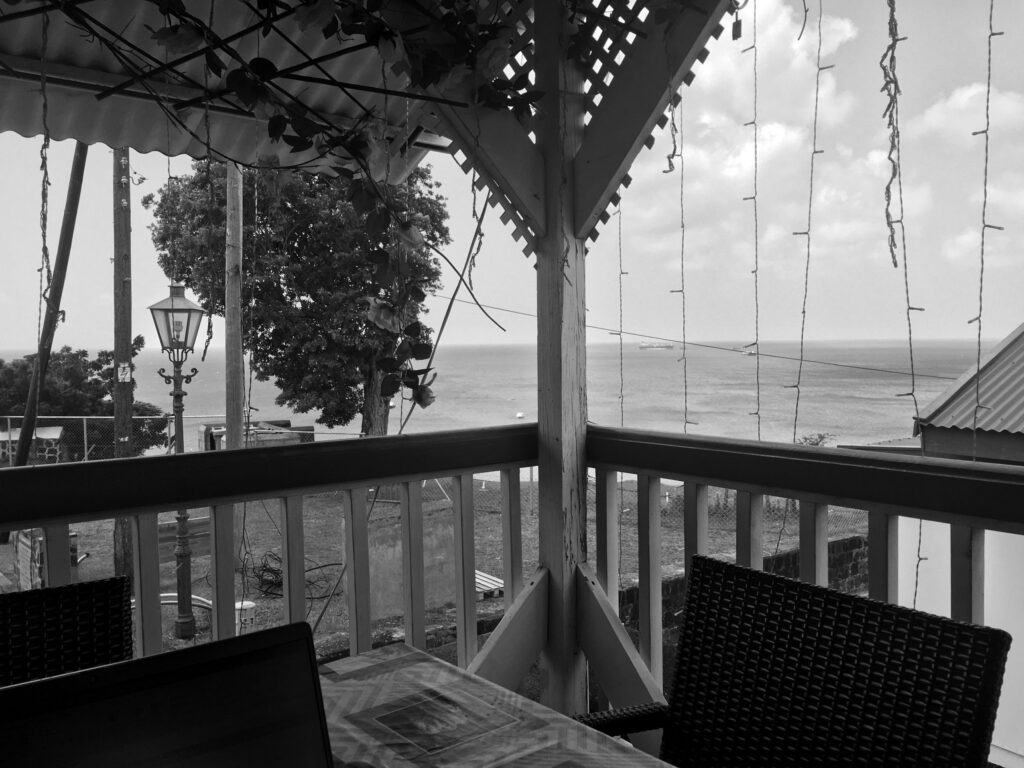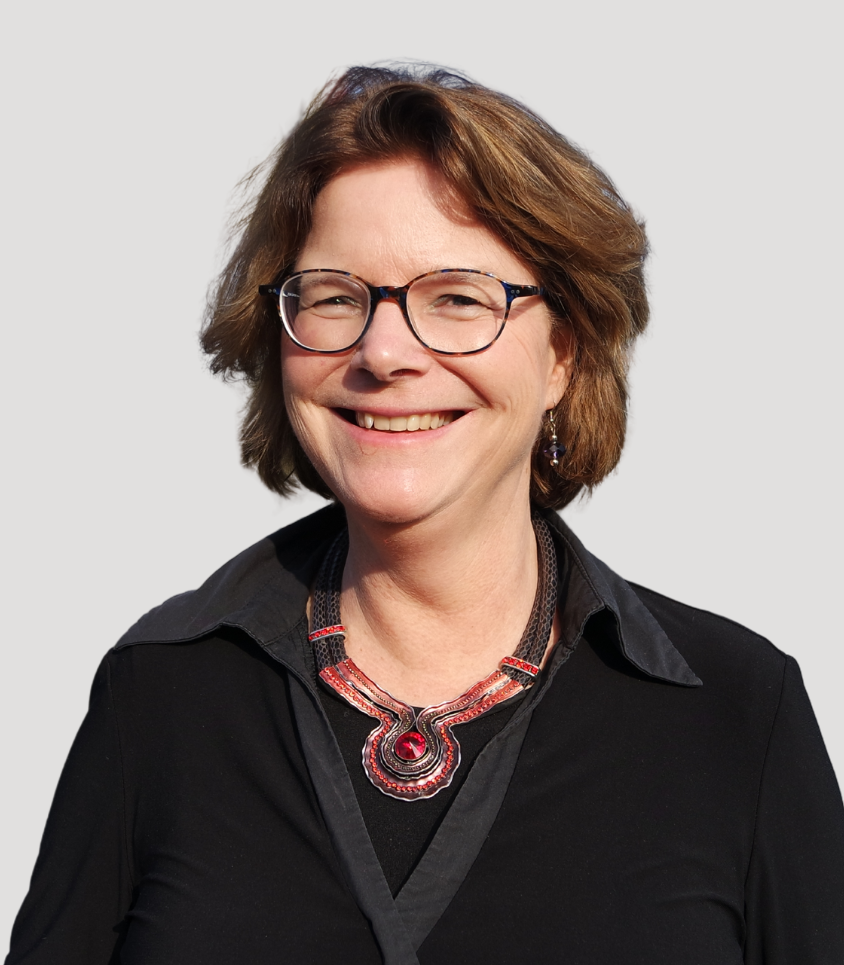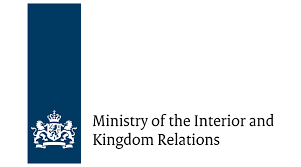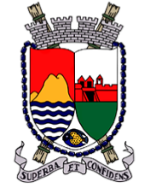Sint Eustatius
Country

- NIMD in Sint Eustatius: At a glance
- Political background
- What we do
- How we do it
- Meet the team
- Who we work with
Main Objective
To support Sint Eustatius’s return to its local decision-making structures and work with the island’s political actors to strengthen its democratic system and culture.
Sint Eustatius: Political background
In 2018, the Dutch government took unprecedented action on the Caribbean island of Sint Eustatius, a Dutch overseas territory operating at the level of a municipality. The national Government dissolved the Island Council and appointed a Government Commissioner. This Commissioner was to oversee the administration as stated within the new law ‘Wet Herstel Voorzieningen’.
The decision aimed to bring about reforms to the island’s governance, public finances, and other sectors, including education, healthcare and infrastructure. The move was met with mixed reactions, with some supporting it as a necessary step to address the island’s challenges, while others criticized it as a serious infringement on local autonomy and democratic self-governance.
Since the intervention, Sint Eustatius has witnessed a series of changes and initiatives aimed at its governance structures. The Island Council was reinstated in 2020. After the elections of March 2023, the Island Commissioners to the Executive Council were appointed in April 2023. In September 2023 the budget and personnel rights were restored. With the appointment of the first female Island Governor in April 2024, democracy was fully restored on the island.
What we do
Since 2021, NIMD has been supporting the Sint Eustatius’s return to its local decision-making structures and aims to strengthen its democratic system and culture.
To reach these goals, NIMD explicitly recognizes the need to work with both the local and national level. This is why NIMD collaborates closely with the Sint Eustatius Island and Executive Councils, as well as the Dutch Ministry of Interior and Kingdom Relations. Sustainable democratic strengthening needs to go hand in hand with mutual respect on both sides, and due consideration of the differences between Caribbean and European Dutch societies, including the Dutch colonial history in the region.
How we do it
Dialogue
In early 2023, NIMD supported the launch of the Political Dialogue Platform Statia (PDPS). In line with NIMD’s guiding principles, The PDPS is set up on the basis of local ownership by the political representatives that participate in the dialogue platform, namely the Sint Eustatius Island and Executive Council, previously Island Commissioners and Government Commissioners. This means, among other things, that the participants jointly decide on the purpose, goals and methods of the dialogue platform.
The PDPS is facilitated by the NIMD dialogue facilitator Dr. Nilda Arduin. Under her impartial guidance, the PDPS has continued to meet since its kick-off, and provides a safe space for all the participants to build trust, find common ground, and collaborate in the best interest of Sint Eustatius.
An important example of the results of the PDPS is the joint drafting of the Rules of Engagement for the platform, which is the foundation for building a safe space for the political representatives to engage in dialogue. In addition, the PDPS contributed to the sustainable return of the budget right to the local Island Council by the Dutch Government, which was a significant step in the return to local democratic decision-making structures. Also, the dialogue platform contributed to the thorough review of the Island Council’s Rules of Order in an inclusive manner, which strengthens the formal democratic system on Sint Eustatius.
NIMD is confident that the platform will continue to provide an important channel for respectful and effective political dialogue, and will enable the political representatives to continue to work together for Sint Eustatius’ future.
Responsive politics
Since 2021, NIMD has supported the strengthening of Sint Eustatius’ democratic governance bodies. In close collaboration with the Island Council, NIMD developed an induction training package for new island council members in 2022. With the package, the Island Council can facilitate expert conversations between experienced and new council members after each election. This guarantees experience and knowledge transfer, and learning on the ins and outs of the daily governing of the island. The training was first piloted with the existing Island Council members as well as the island’s new and upcoming young political leaders. Following this, it was handed over to the island’s Registrar’s Office to make sure the package is owned locally.
Later that year, NIMD has also developed a similar package for new Executive Commissioners together with the Sint Eustatius then-Commissioners and the ‘Wethoudersvereniging’, an expert organization for local Dutch commissioners. This package was handed over to the Island Secretary after the pilot training. Since both packages can be used after each election cycle at will by the Island Council and Executive Commissioners, they will continue to have a long-term impact and ensure support for all of Sint Eustatius’ representatives in the future.
Meet the team
 Heleen Schrooyen
Head of Positioning
Read more
Heleen Schrooyen
Head of Positioning
Read more
Heleen Schrooyen is the Hague focal point for NIMD’s Sint Eustatius programme.

Heleen Schrooyen is the Hague focal point for NIMD’s Sint Eustatius programme.
Who we work with


